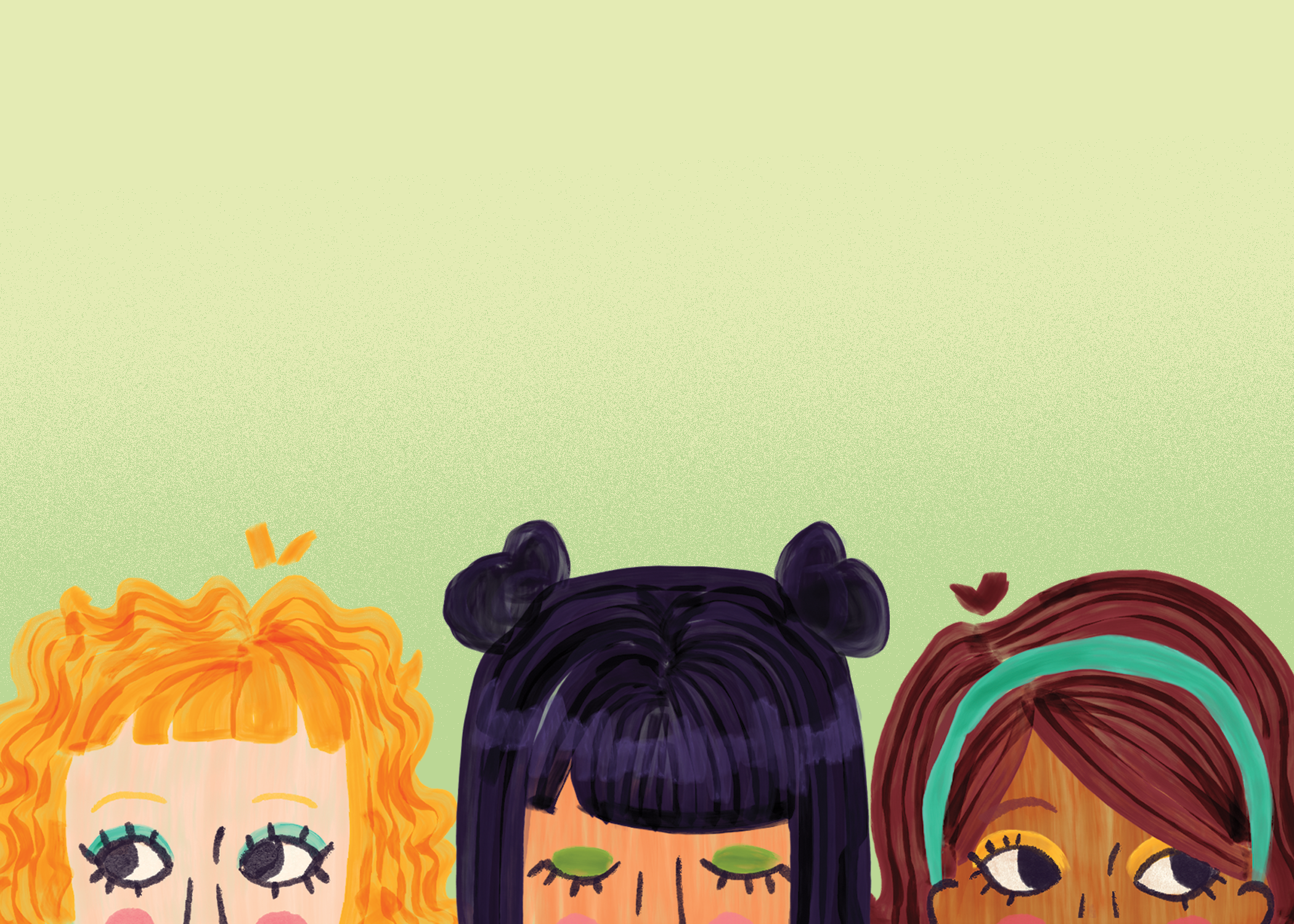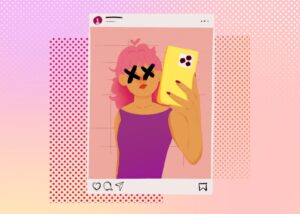There are universal milestones that mark our passage through adolescence and into a more self-aware, exhausted adulthood. These “canon events” include a first heartbreak that feels like the end of the world, a first job that reveals capitalism’s dark comedy, and a first betrayal that rewires your understanding of trust. They become shorthand for growth and proof that we’ve suffered, lived, and learned.
But one canon event rarely gets the respect it deserves: bangs.
I don’t mean the coy, à-la-Sabrina Carpenter kind that you can tuck behind your ear. I mean forehead-consuming, commitment-requiring, era-establishing bangs. The kind that announces to the world: “Something has happened to me, and I have scissors.”
People tend to treat bangs as the trivial domain of impulsive women, dramatic teens, and post-breakup chaos. But bangs are not merely hair; they are a cultural artifact. It’s easy to dismiss them as vanity and harder to see what they represent. They are a performance of transformation and tangible proof that change can be self-authored. In a world that demands composure, bangs dare to declare that something inside you has shifted.
Maybe you watched a French film and thought you could channel its nonchalance. Maybe you just ended a multiyear relationship. Maybe it’s 1 a.m. and your reflection is starting to look like a problem at which you can snip away. Whatever the catalyst, the moment the blades meet your forehead, fate clicks shut.
Because here’s the thing: you can’t come back from bangs. Once they’re cut, they rule your mornings. They require discipline. They punish laziness. They cling to your forehead with sweat, defy gravity, and multiply like weeds. Every morning becomes a negotiation: the blow dryer in one hand, the round brush in the other, coaxing them into agreement. You dampen, you dry, you separate, you sigh. They split down the middle on humid days and plaster themselves to your temples on others. Every day, you trim, pin, curse, and bargain with the mirror, hoping they’ll listen.
For many, bangs are the first real lesson in living with something you cannot undo.
That, I’ve found, is their secret power. We live in a culture obsessed with reversibility in pursuit of perfection—return policies, undo buttons, the ability to edit every misstep before anyone notices. Bangs refuse to participate. They are stubbornly analog in a digital age. Once cut, you must simply wait. You endure the awkward phases, the daily reminder of a choice made in a moment of abject emotion. You learn patience because there is no alternative.
And while bangs resist reversibility, they also inherit a tradition of hair as an expression of self. Historically, the bang has signaled a reinvention of identity. For women, queer people, and artists alike, bangs have long been entangled in the politics of appearance. To cut them is to assert a shift not just in style, but in authorship over the self. Think of Audrey Hepburn in Roman Holiday (1953), cutting off her royal tresses to taste freedom, Mia Farrow’s gamine crop that scandalized the 1960s, and even the blunt microbangs of contemporary queer fashion. The scissors have served as a tool of agency, not destruction.
Admittedly, there’s something inherently comical in how seriously we take them. Bangs invite a level of public hand-wringing usually reserved for moral decisions. Every few months, TikTok fills with people circling the very question of whether to get them, pacing before mirrors, polling their friends and family, and warning others like survivors of a minor apocalypse. It’s silly, yes, but beneath the melodrama is a real fear of change, a panic over what it means to alter the face we show the world. We laugh because it seems trivial, but it’s precisely that triviality that gives bangs their power: they let us practice transformation on a manageable scale. What they’re really asking is: am I ready to become someone else?
Bangs are self-authorship disguised as self-sabotage, covering and revealing all at once. They ask us to risk regret in the name of reinvention and trust in our ability to grow into whatever new face looks back at us in the mirror.
If you squint, there’s even a kind of theology to it. Cosmologists tell us the universe began with the “Big Bang,” an irreversible burst of energy that expanded into everything we know. Personal bangs are smaller, sure, but they operate on the same principle: a distinct before and after. A self that once was, and a self that must now live with the consequences.
At its core, cutting bangs is an act of surrender, and consequently, an act of faith. You crave transformation, and then you’re forced to live through the slow, uneven, humbling process of actually changing. They remind you that identity, like hair, is never static. It grows, resists, and occasionally looks terrible under fluorescent lighting.
So yes, canon events include heartbreak and minimum-wage despair, but bangs also deserve their rightful place on the list. They distill the essence of growing up into something absurdly visible—the courage to risk looking ridiculous in pursuit of something new. They mark that moment when reinvention stops being an idea and becomes something you can actually witness.
Maybe that’s why the impulse never disappears. Somewhere beneath the crooked cuts and bad decisions, bangs whisper a strangely hopeful promise: you can’t go back. But you can become.






